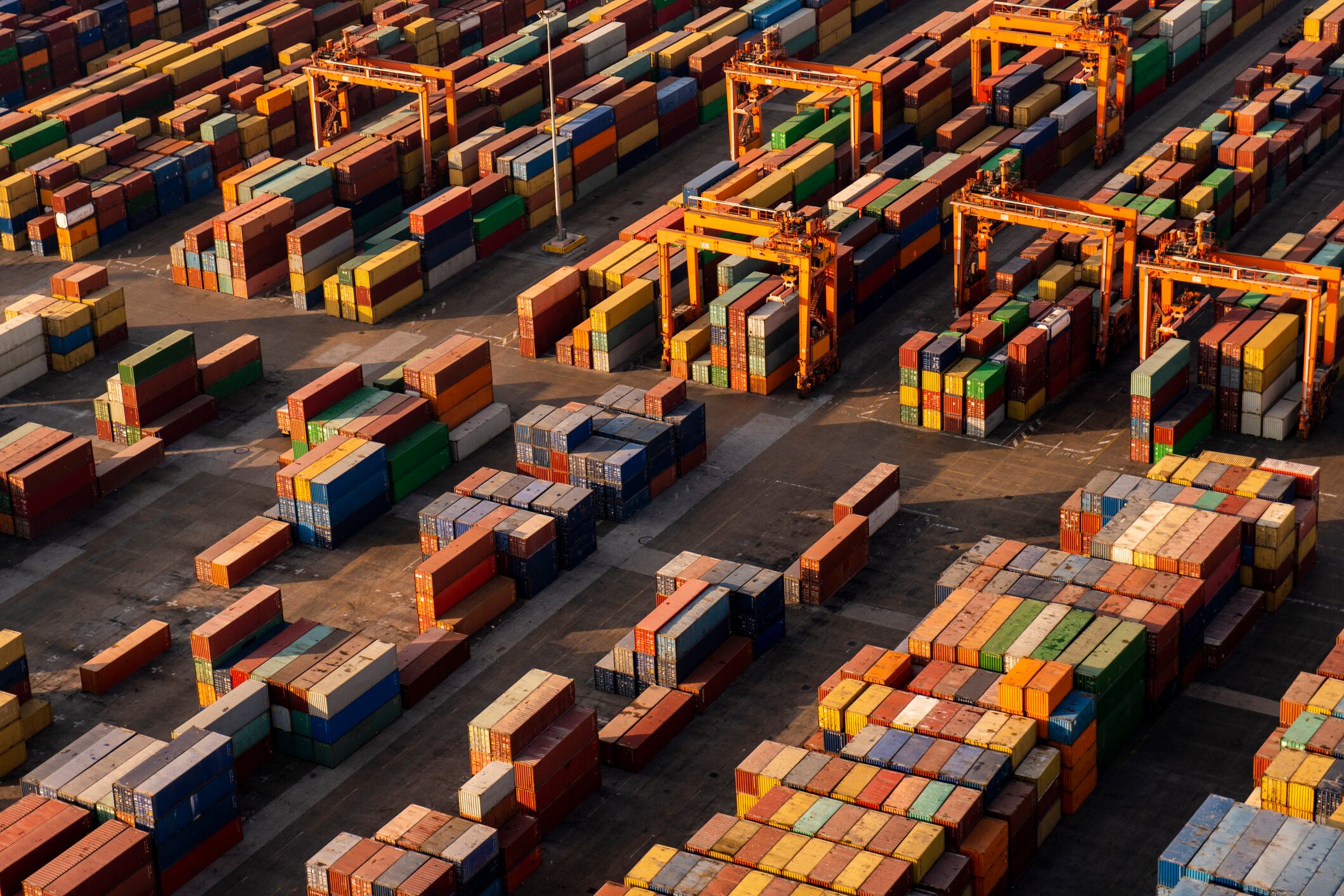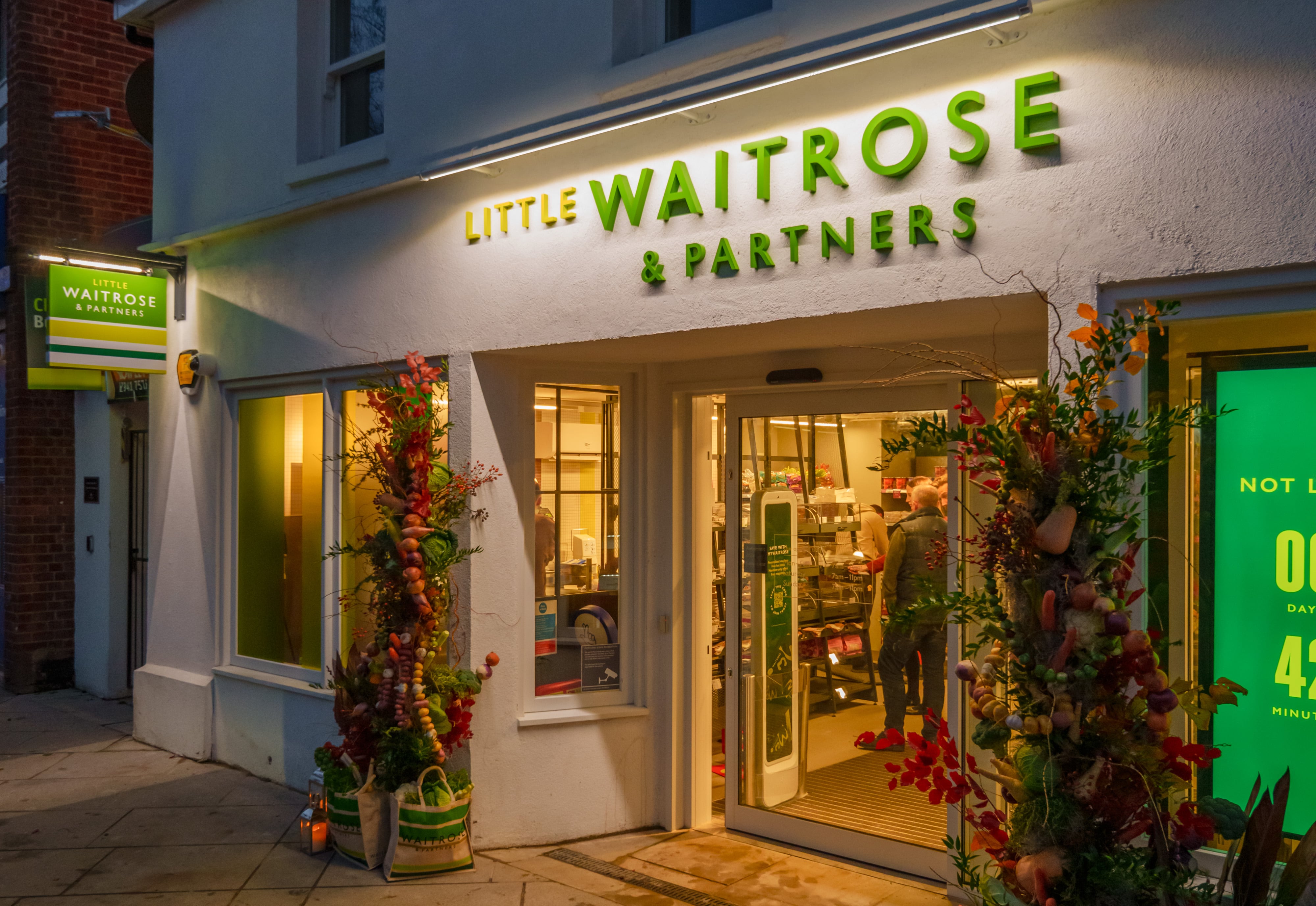No matter where you sit in the supply chain, there’s something to complain about. Retailers may point to cost price increases, National Insurance and store staff safety. Producer suppliers would also point to CPIs and NI but, instead of staff safety, their key concern is viability. And farming isn’t looking particularly viable at the moment, with 1,890 agricultural businesses closing in the first quarter of 2025 according to the Office of National Statistics.
Since way back in 1999, when the Office of Fair Trading (OFT) asked the Competition Commission to investigate the grocery sector, there were concerns over the price of groceries and the difference between farm-gate and retail prices. Reports produced by the Competition Commission in 2000 and 2008 concluded that large grocery retailers were undertaking up to 52 different practices which were likely to have adverse effects on competition in the production of food, leading to higher grocery prices for you and me.
The 1999 referral by the OFT eventually led to Groceries Supply Code of Practice (GSCOP) in 2010 and, until recently, we have not had regulations which sought to aid farmers/producers of food.
Post-2010, we have, of course, had food inflation as high as 20% and farmers highlighting the challenges they face, so it is no surprise that fairness in the food supply chain is back ‘on the table’. Although this time, it isn’t the grocery retailers who are the primary focus, it is everyone between the farmer and the retailer.
How can the UK Government protect farmers?
One of the many consequences of Brexit was the loss of the EU’s Common Agricultural Policy (CAP). Leaving meant farmers did not benefit from CAP and, therefore, the UK Government needed a new plan for food in the UK. Enter the Agriculture Act 2020 (AA).
The AA gave powers to the government in five ways: to develop new approaches to support farming, to support farmers financially in exceptional circumstances, to introduce measures to increase transparency and fairness, to set new standards and to address the requirements of the World Trade Organisation.
The AA and fairness
Whilst the AA gave the government powers to introduce measures to increase fairness in the supply chain, not much happened in the immediate aftermath of the AA coming into force.
In 2023, however, under the Conservative Government, the Environment, Food and Rural Affairs (EFRA) Committee sought to review supply chain relations, market power, food prices and security and how we produce affordable healthy food. That committee, and the call for evidence that followed between December 2024 and January 2025 under Labour, highlighted a number of concerns for producers.
Regulations-a-plenty
Prompted by EFRA’s enquiries, on 16 April 2024, came The Fair Dealing Obligations (Milk) Regulations 2024. By July 2024, we had a The Agricultural Supply Chain Adjudicator (ASCA) to enforce those regulations. But the Government did not stop there and there are plenty more to come.
On 21 May 2025 the government introduced The Fair Dealing Obligations (Pigs) Regulations 2025, and it has promised further regulations on eggs and fresh produce.
Do the regulations help? While the introduction of regulations to protect producers is a good thing, at present, I do not think the milk and pig regulations change much in practical terms.
Milk regulations
The milk regulations require, amongst other things, a purchaser of milk from a producer to enter into a written agreement, including details of how long the agreement lasts, the price and notice periods on termination.
Although welcome, for many farmers/producers, those terms probably don’t move the dial much. As a milk producer, you have a very limited customer base. For most, there are one or two milk processors close to your farm who you can sell to. So, whilst it is nice to have contractual terms, unless farmers complain, the ASCA is unlikely to actively investigate compliance with the regulations. It seems the ASCA will only do so if there is a complaint. In those circumstances, milk farmers probably don’t benefit from the regulations unless they are prepared to take action against the only processors who can purchase their milk.
Pig regulations
Not to be too down on the regulations, the position in relation to the pig regulations is much the same. Yes, clearer contracts are entered into by purchasers of pigs, but aside from a ‘fair dealing’ obligation, the terms of the regulations do not materially improve the position of pig farmers. The regulations, in my view, formalise standard market practice.
Produce and eggs
The lack of teeth in the milk/pig regulations therefore begs the questions as to whether the egg and produce regulations will make the supply chain fairer for producers of those products.
At the moment, farmers of eggs have a market for their products. Avian flu has wreaked havoc in the market, meaning a shortage of eggs and prices sky rocketing. The position is not the same for fruit/veg suppliers. For me, what the producer regulations say is important and the government have already taken soundings from stakeholders on what should be in those regulations.
The challenge with many fresh products is the timeline it takes to produce them and the capital investment which must have been made over many years to have the kit to get the stuff in and out of the ground.
Farmers would be crazy to grow produce without a programme and knowing who they would sell it to. And, if predicted sales volumes are not realised, overheads shoot up as a proportion of turnover.
So, the question comes: will the produce regulations provide fresh produce suppliers with the protection they need? Protection in that, if they grow a crop to a purchaser’s programme, will the purchaser buy it at the price agreed? And will the termination provisions provide producers with sufficient time to adjust if they lose their primary customer? Farmers will be crossing their fingers the produce regulations move the dial more than the milk and pig regulations have.




